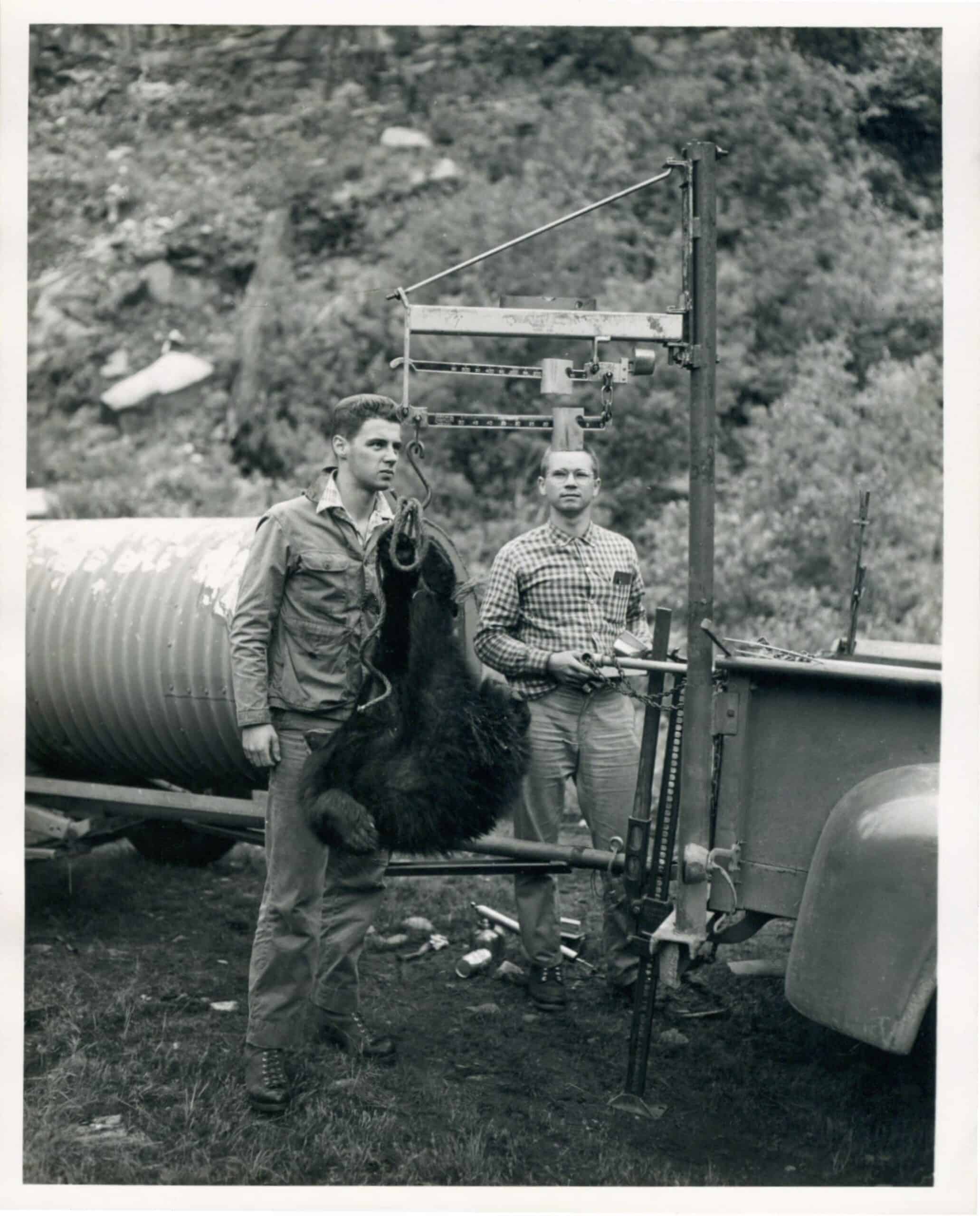
LISTEN: Cliff Bampton recounts a lifetime of wildlife management
From failing student to conservation chief
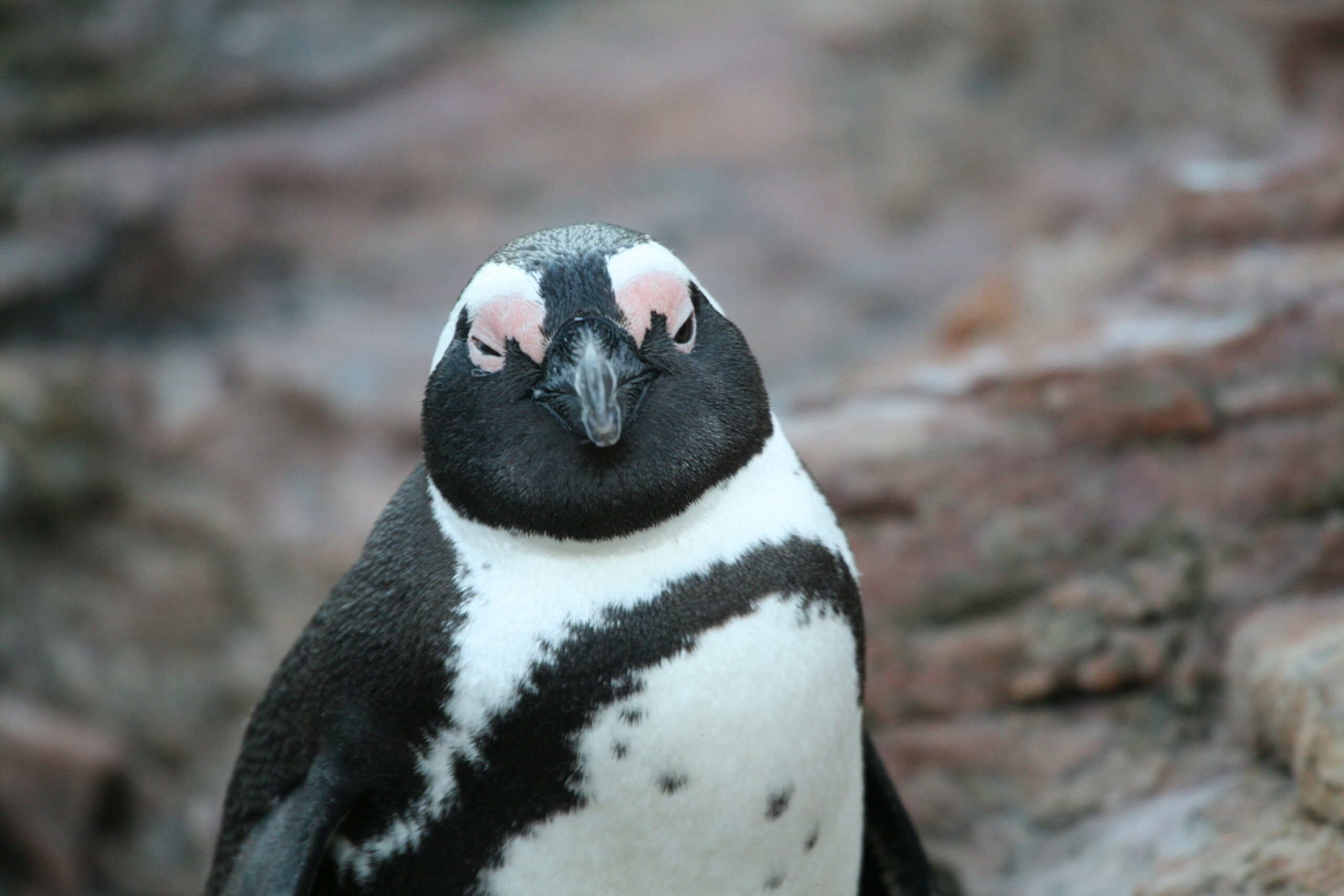
More than 60,000 penguins starve to death in South Africa
Following sardine stock collapse from overfishing and the climate crisis, penguins have nothing to eat
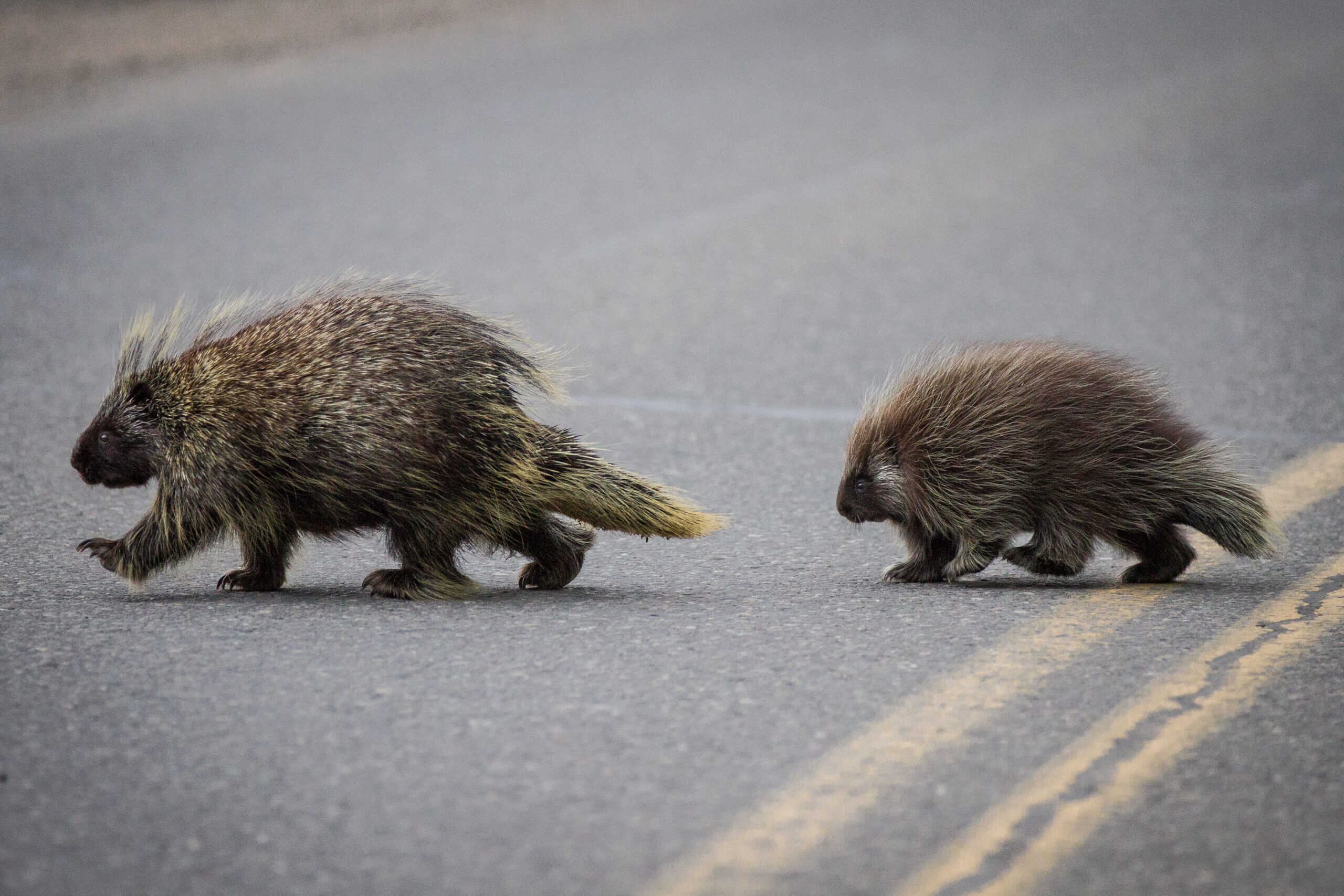
Why are porcupines disappearing?
Even though state bounties ceased more than four decades ago, numbers have failed to rebound

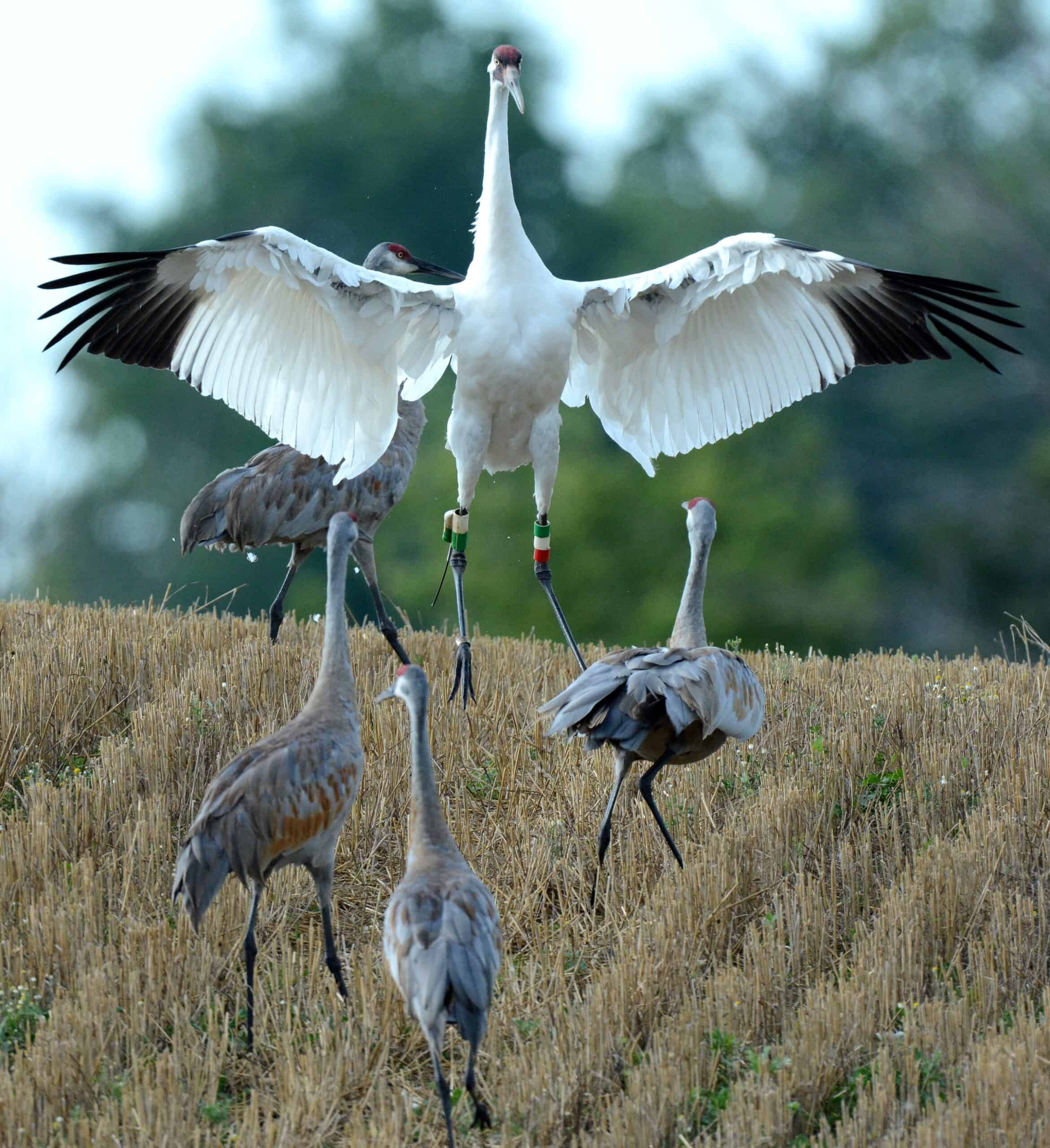
Agency’s move likely to ignore indirect wildlife impacts
Proposed shift in ESA consultation processes could narrow analysis of project impacts
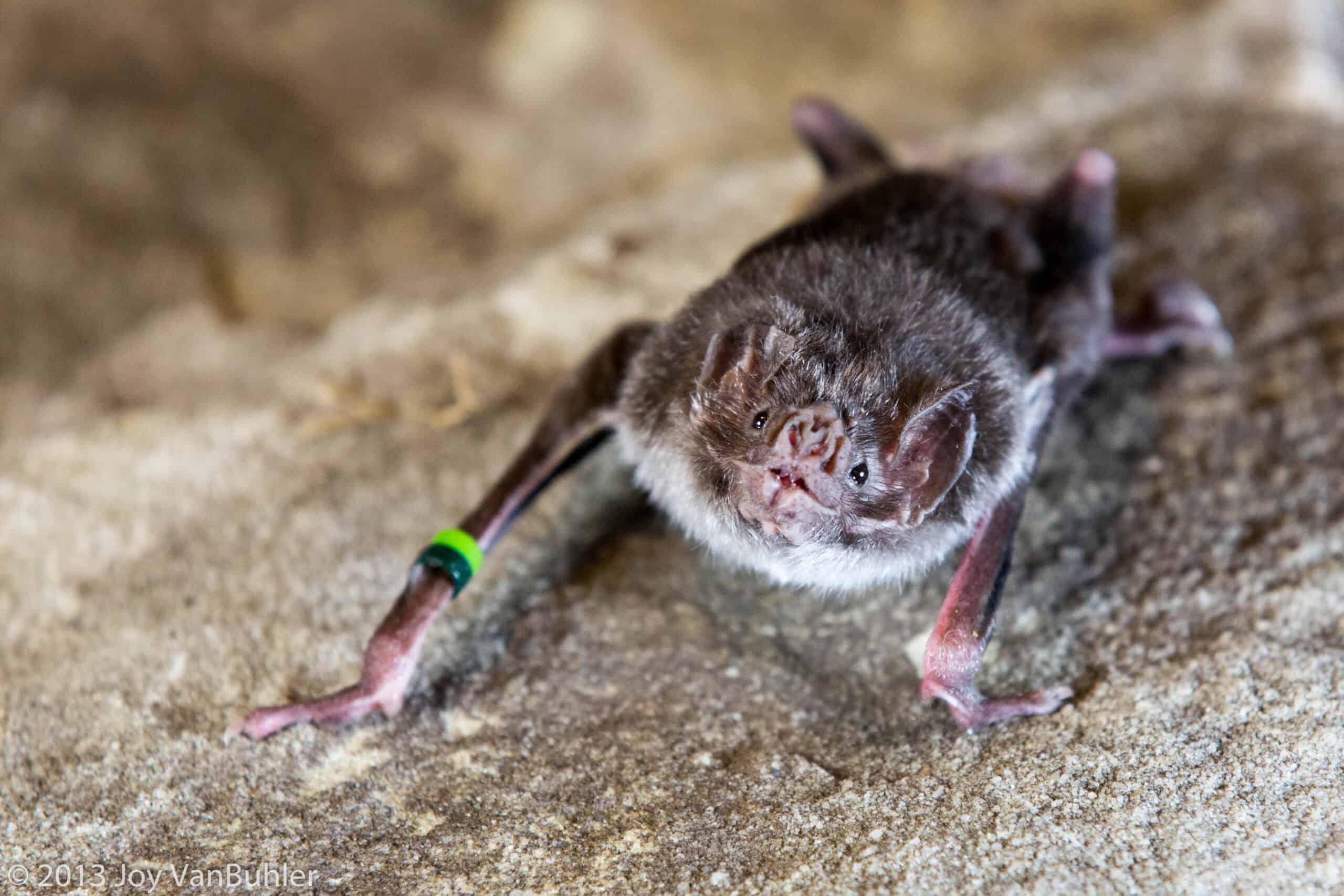
Code switching vampire bats mimic their closest friends
The creatures change their vocalizations based on their friend groups
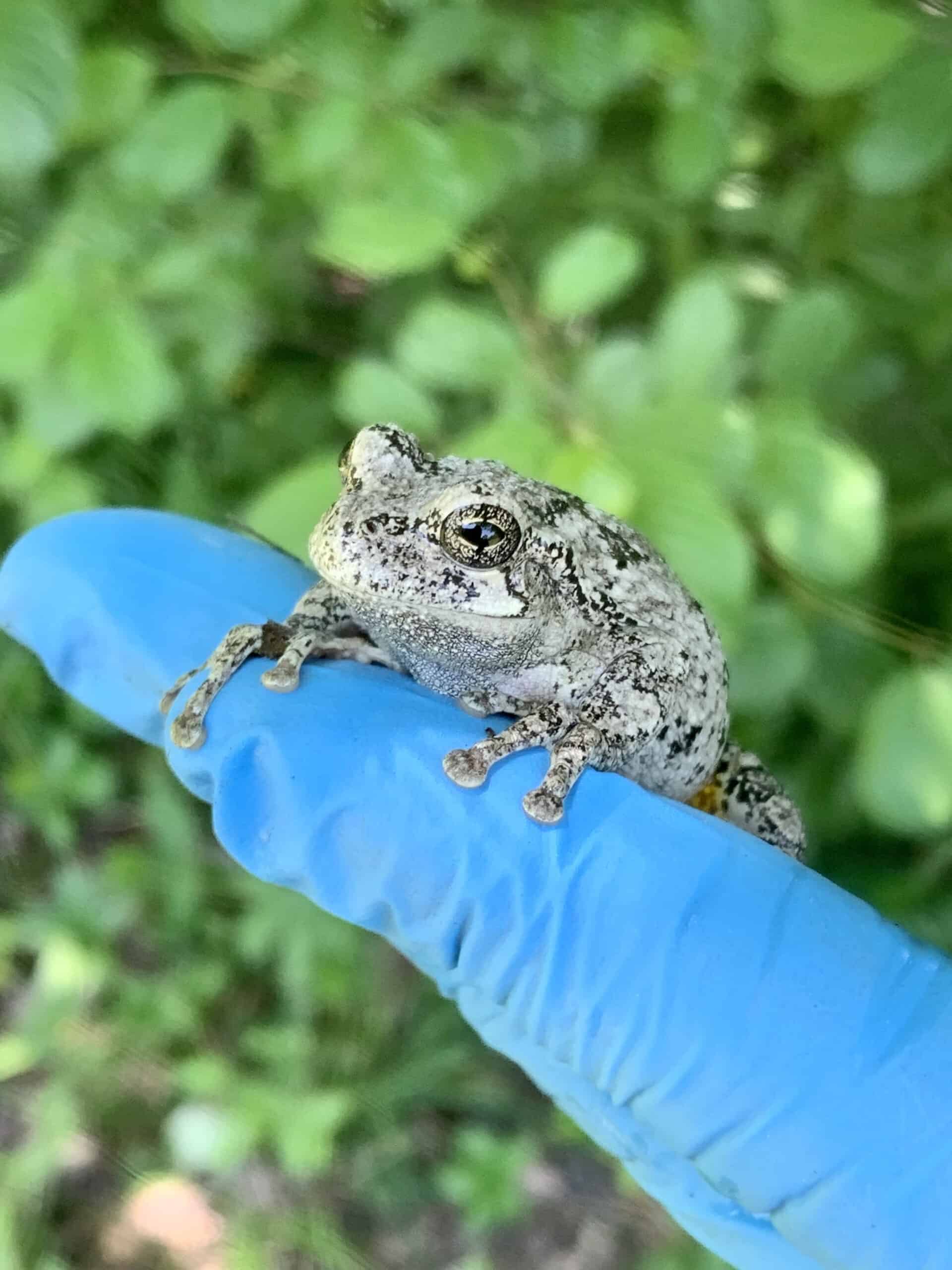
Freeze-proof frogs think winter is coming—but is it?
Gray treefrogs stock up on antifreeze when days get shorter, even if climate change keeps temperatures high

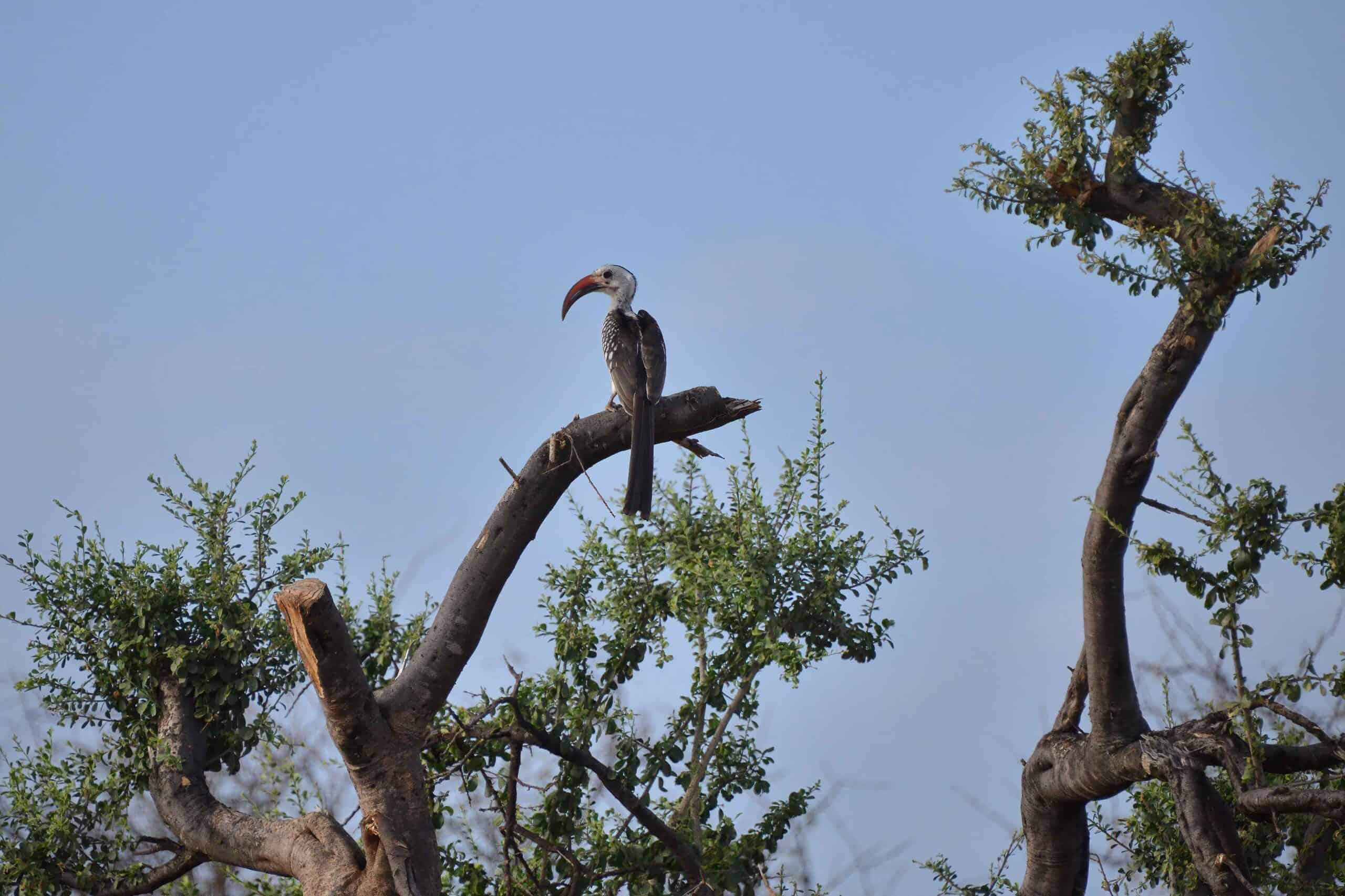
CITES votes to limit African hornbill trade
Slow-breeding birds face declining populations due to rapidly growing global trade
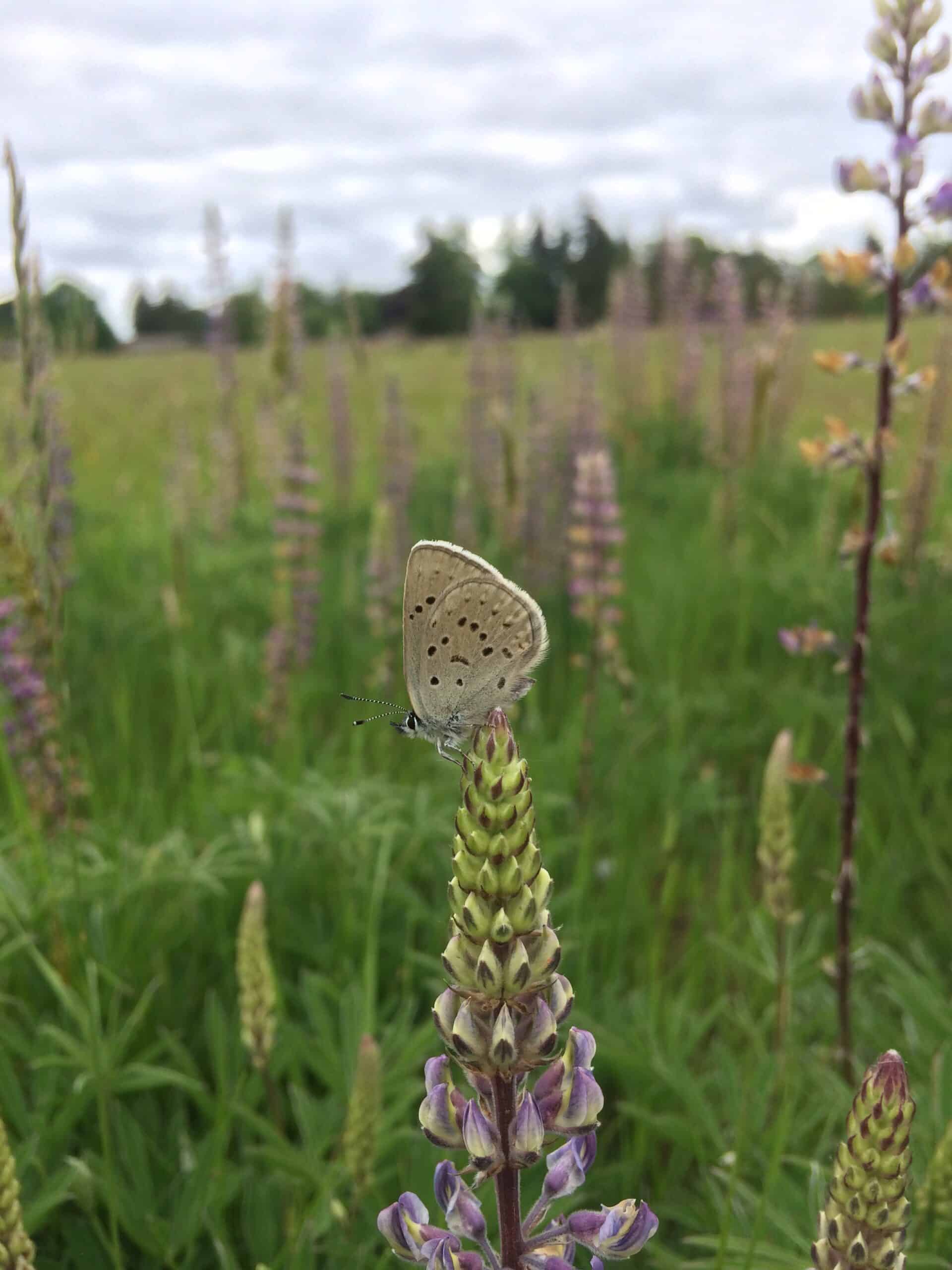
How will ESA rollback impact threatened species?
Proposed changes to the ESA will individualize protections for threatened species
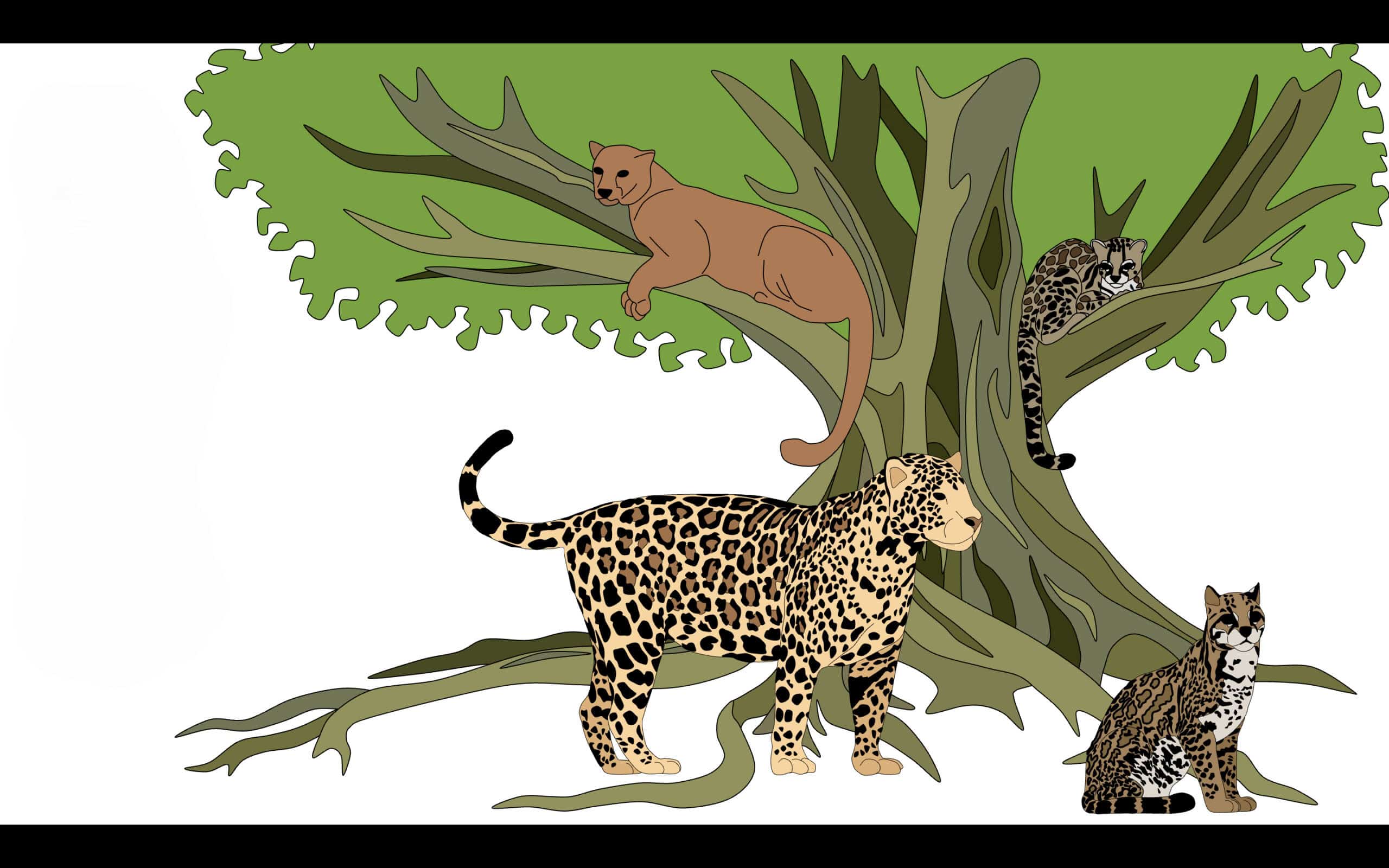
Jungle cats take to trees to avoid food fights
Wild felines specialize on different prey in different layers of the rainforest




